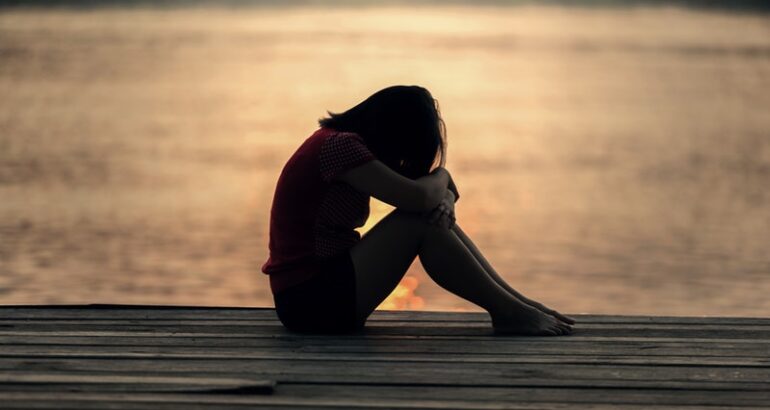By Ellie-Louise Style
ONS data states younger people are more likely to be lonely compared to all other ages.
There has been a surge in people feeling lonely since the Covid-19 pandemic began. With national lockdowns being put in place for months on end there has been a lot of restrictions of socialising and this can take its toll.
For just over three months most parts of the country haven’t been allowed to socialise with anyone who isn’t in their household or support bubble, due to the danger of spreading the virus.
ONS data has found that younger people are nearly four times more likely to be lonely compared to people who are between 65 to 74 -years old.
65 to 74-year olds are the least likely to be lonely according to the statistics. The second highest age group who are more likely to be lonely are the 25 to 44-year olds.
However, the study did not gather data from those who are over the age of 74.
The highest reason for people feeling lonely is due to having no one to talk to, and the second-highest reason was due to chronic loneliness.
The Mental Health Foundation said: “One of the primary reasons that children and young people may be feeling lonely is the inability to socialise and mix with friends in and outside of educational settings at this time.”
“However, restrictions in the response to the pandemic can’t be blamed fully for comparatively high feelings of loneliness in children and young people. Even before the pandemic, young people had been reporting they are more lonely than older generations.”
In total, a staggering 7.2% of adults across Great Britain have said that they felt lonely between October 2020 to February 2021. This is an increase of 5% from the previous data that was recorded back in May 2020, meaning that roughly 3.7 million people are feeling lonely. This is nearly one million more compared to the last data that was published.
Nick Crofts the head of the Co-Op Foundation said to the BBC: “It should be no surprise that young people are particularly affected… Over more than a year of social distancing, they’ve seen schools and colleges close while physical interactions with each other have been hugely restricted.”
The data that was recorded was while the third national lockdown was in place.
There are certain areas in England that people feel lonelier in compared to others. The highest areas are:
Wycombe: 18.52% of adults reported they felt lonely.
Blackburn: 17.90% of adults reported they felt lonely.
Corby’s: 17.12% of adults reported they felt lonely.
Middlesbrough: 16.65% of adults reported they felt lonely.
North Lincolnshire: 16.00.% of adults reported they felt lonely.
The majority of these areas are urban and have quite high unemployment rates. Middlesbrough has the third-highest unemployment rate in the whole of Great Britain. Not only this, but they also have higher crime rates compared to other areas in the country.
ONS said: “Higher rates of loneliness reported by young people are particularly associated with urban areas outside London.”
The lowest rates of loneliness were actually in the rural parts of Great Britain. This included:
Fylde: 1.47% of adults reported they felt lonely.
North Kesteven: 1.72% of adults reported they felt lonely.
Wyre: 1.96% of adults reported they felt lonely.
Staffordshire Moorlands: 2.42% of adults reported they felt lonely.
Amber Valley: 2.49% of adults reported they felt lonely.
Not only this, but another study was conducted that also supported the fact that people who live in the countryside tend to be less lonely. While people living in urban settlements were the loneliest.
Data was also published about England, Scotland and Wales. It was found that Wales had the highest percentage of loneliness with 8.25%, while England had 7.2% and Scotland was the lowest with 6.47%.
Anxiety levels have also increased since the very beginning of the pandemic across England, Wales and Scotland. More urban areas have the highest anxiety rates with Ipswich at the top with 4.7.
It is known that anxiety and loneliness can be linked together. It can sometimes lead to other mental health issues as well.
MIND states on their website: “Feeling lonely can also have a negative impact on your mental health, especially if these feelings have lasted a long time. Some research suggests that loneliness is associated with an increased risk of certain mental health problems, including depression, anxiety, low self-esteem, sleep problems and increased stress.”




